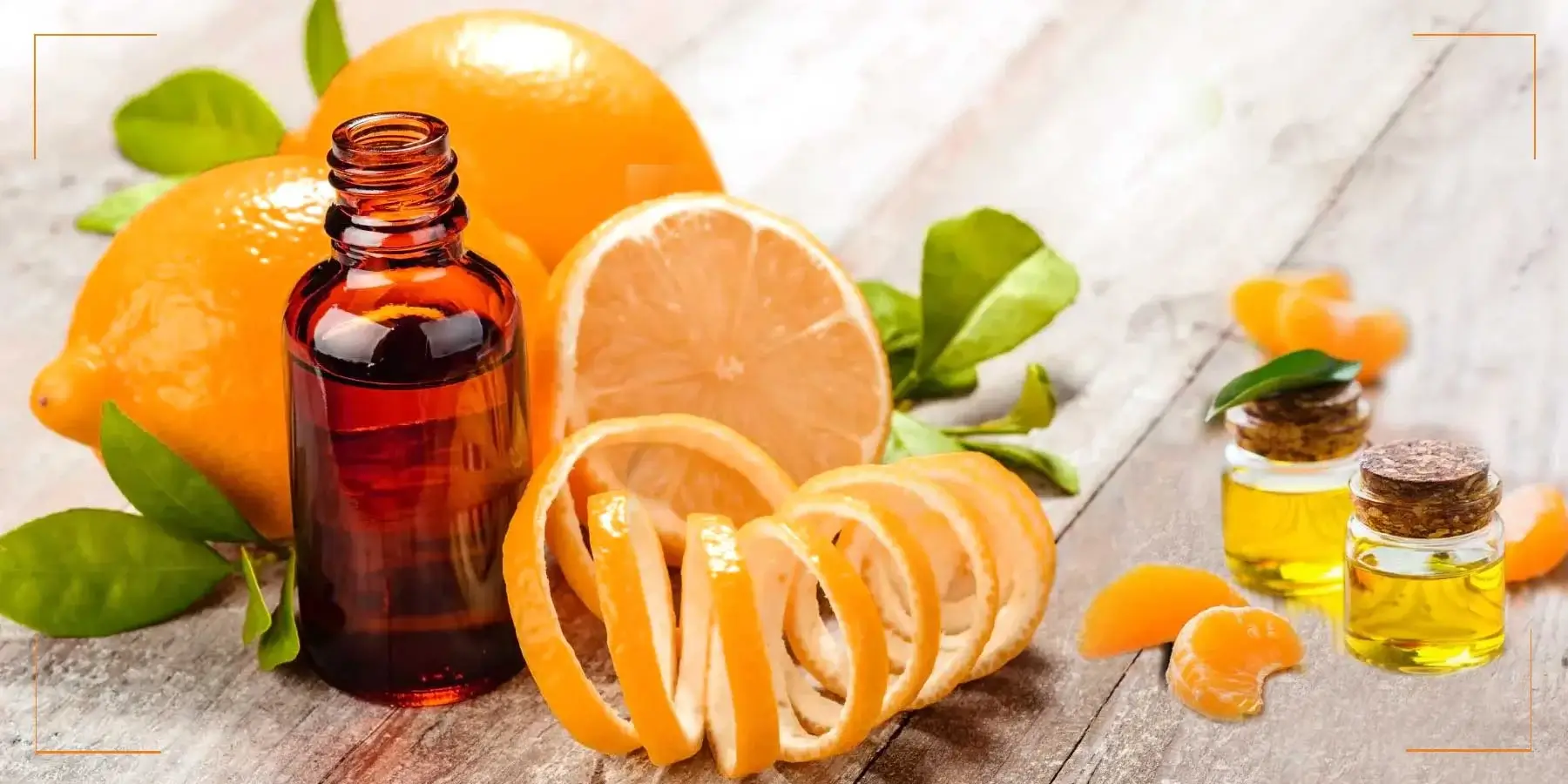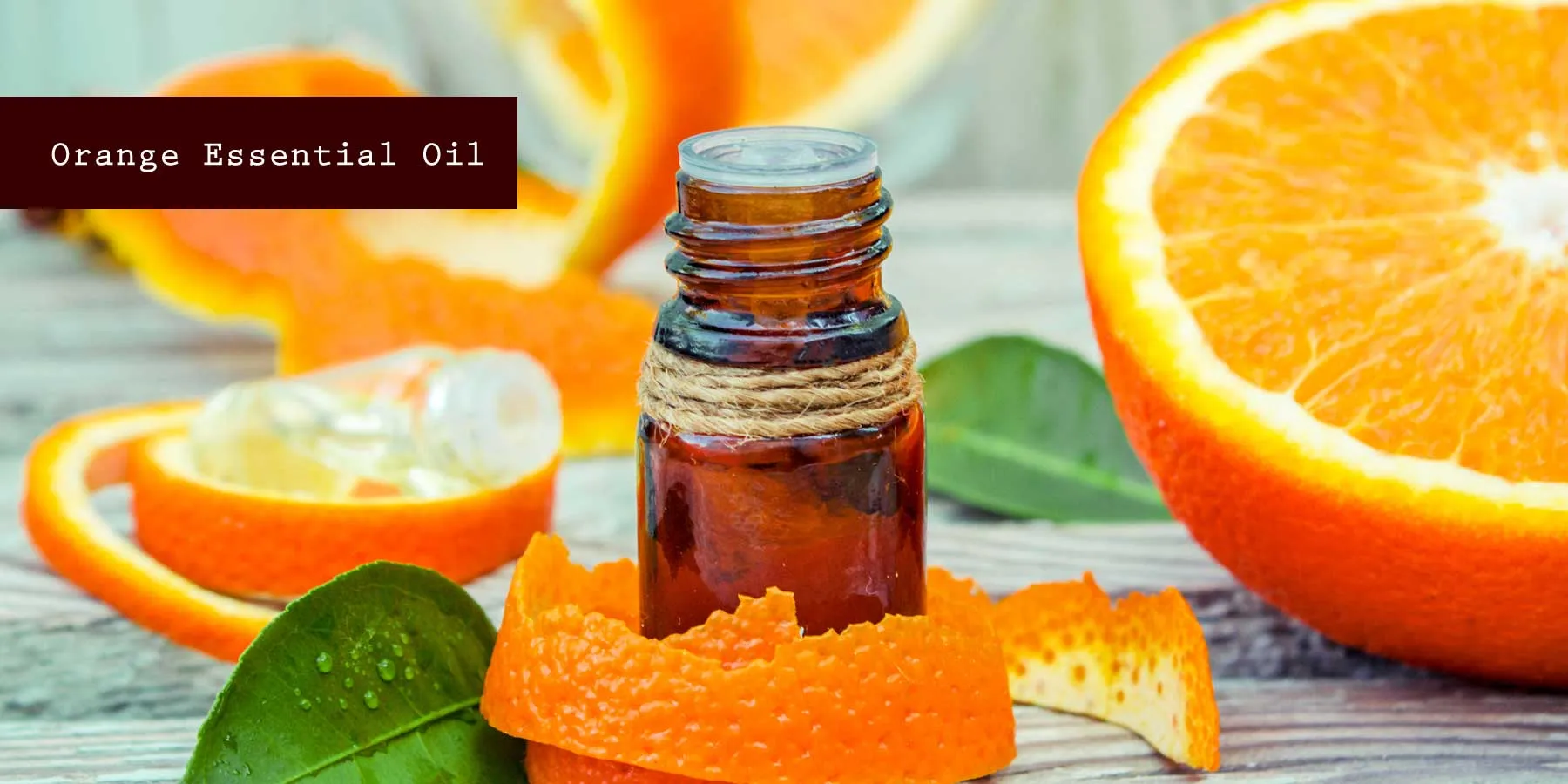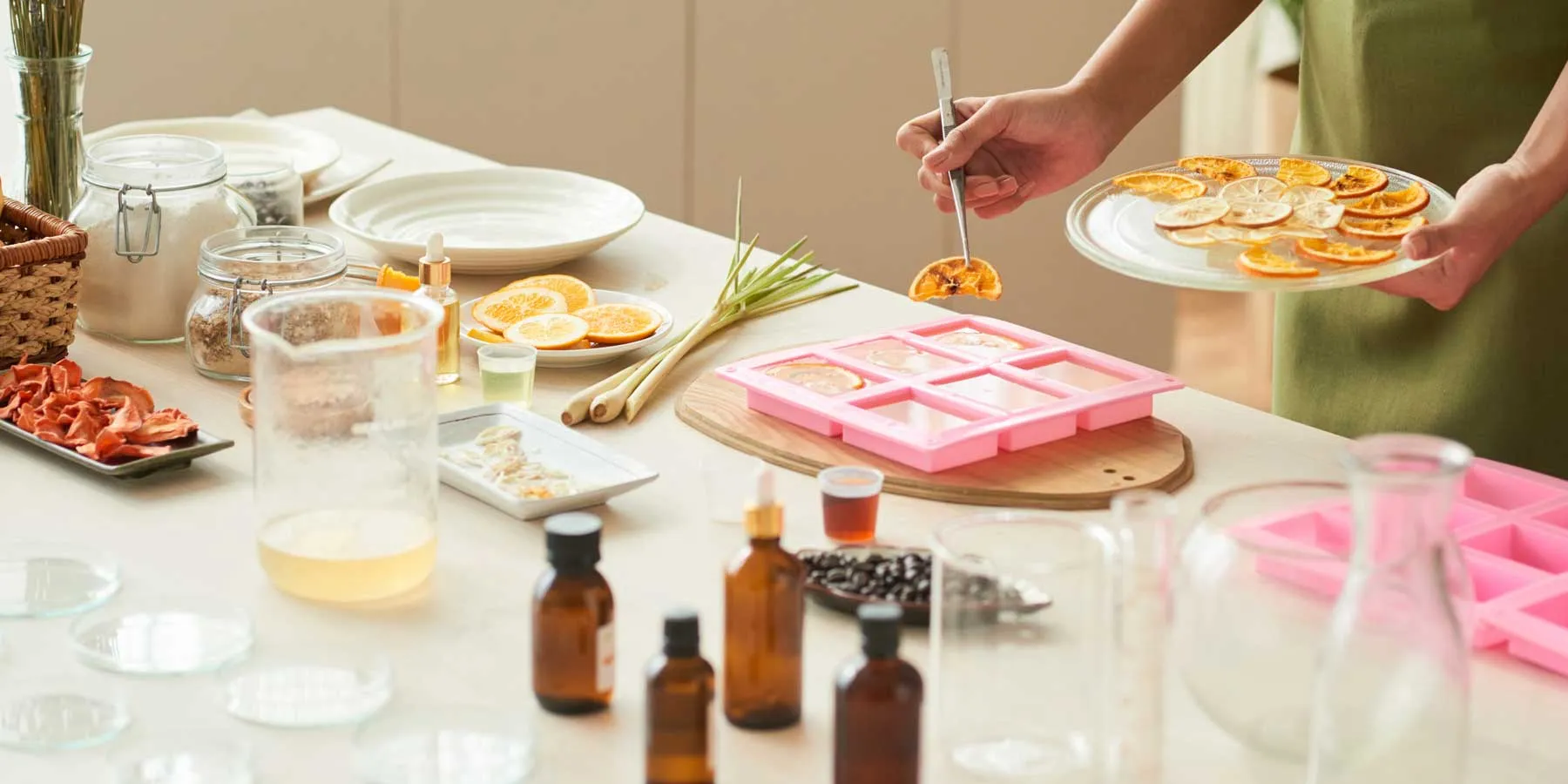Benefits and Uses of Orange Essential Oil

What is Orange Oil?
Orange (Citrus sinensis) belongs to the Rutaceae family. The fruit comes from a small grayish-brown bark tree, which is almost similar to a shrub. Its branches grow to a regular hemisphere shape with oval-shaped foliage that sprouts to at least 3 to 4 inches.
Its flowers are distinguished by its aromatic characteristic, and the circular fruit is rougher and darker in comparison to other varieties of citrus. It is said to be first obtained from a native tree in China, but has also been cultivated widely in the Mediterranean region, France, North and South America and Portugal.
Orange oil is extensively utilized in aromatherapy as it helps soothe tensed muscles and aids as a mood lifter. It can also be blended with a carrier oil and used as a fragrant lotion or cream or your skin.
Orange oil is made of up various chemical properties such as alpha pinene, citronellal, geranial, sabinene, myrcene, limonene, linalool and neral. The most significant property is the limonene, or D-limonene, which can play an important role in your home by repelling insects. Simply spray or wipe it in different places of your house.
D-limonene extracted from the rind of orange can be used as a cleaning agent both in household and industrial settings. This chemical may also be utilized as a replacement for acetone, toluene, glycol ethers, fluorinated and chlorinated organic agents when used as a straight solvent.
What is Orange Oil used for?

Orange oil is commonly used as an added flavoring to beverages, sweet meats, chocolates, biscuits and confectionery and baked goods. Industrially, it is utilized as a concentrate for room fresheners, deodorants, soaps, body lotions and creams. Orange oil can provide a lot of benefits to your health. It has anti-inflammatory, antiseptic, antidepressant and antimicrobial and antioxidant properties.
As a tonic, orange oil can help curb inflammation in the body by reducing pain and irritation. It also has a carminative property that helps expel intestinal gas, which induces chest pains and indigestion; by relaxing the stomach and anal muscles. Some organic nutritionists believe orange oil may help treat muscular and nervous spasms. In aromatherapy, it aids in relieving anxiety, anger and depression and is beneficial in promoting a healthy wellbeing as it detoxifies your body and boosts your immunity.
What are the benefits of Orange Essential Oil?
Orange essential oil is beneficial in improving digestion and relieving constipation. It also was found to inhibit angiogenesis; metastasis and cell death in human colon cancer cells in a study, prompting the researches to say that the oil from blood oranges "may offer great potential for prevention of cancer."
This essential oil is also good for nourishing dry, irritated and acne- prone skin when mixed with a carrier oil and used as a cream or ointment. It also may be used effectively for a refreshing treatment of calluses on your feet.
The orange promotes a feeling of happiness and warmth when used in aromatherapy. It helps in the elimination of toxins in the body and deals well with digestive problems. It helps in stimulating lymphatic action to promote balance in water processes and results in detoxification of your body.
Simple recipe for infused orange essential oil:
The traditional method of extracting essential oil from citrus is known as expression or cold pressing. Soaking the rind of the orange in warm water then pressing against the rind to absorb the essential oil does it. The sponge will be then filled with the fluids extracted from the fruit. After that, the sponge will be pressed over a container to collect all the extraction and allow the separation of oil from the juice.
However, it must be noted that extracting oils through distillation is different from the cold pressing method. Though distillation is a common method of obtaining oils, it has a negative effect on citrus oils. The heat from the steam reduces the citral content of the fresh oil, causing the essential oil to lose its therapeutic quality.
If you're not familiar with the cold compress method, there is a homemade technique to extract the essential oil from orange and allow you to create an orange oil infusion:
What You'll Need
• Orange peels
• Glass jar or container with tight lid
• Vodka or non-denatured ethyl alcohol
• Coffee filter or cheesecloth
• Paper towel or cheesecloth
Procedure:
1. Let the orange peels dry naturally in direct sunlight. It will take about two days, depending on the humidity.
2. Cut the orange peels into smaller pieces and place them inside the jar.
3. Pour the vodka or alcohol until the all the peels are covered.
4. Screw the lid of the container tightly and shake it for a couple of minutes.
5. The longer you shake and leave the peels to soak in the vodka; the more oil will be obtained from it.
6. Filter the orange peels by using the coffee filter or cheesecloth.
7. Cover the container with a paper towel or cheesecloth. Let the residue sit inside the container until the alcohol has evaporated and the essential oil has remained.

Orange oil can be used in various ways. It can be used as massage oil on the different areas of the body.
A few drops of the oil can be added to a warm bath or body wash — but be careful to always use it with a carrier oil, as it can be irritating to the skin, as well as phototoxic, if you use it directly on your skin. If you do use it topically, be sure to stay out of the sun for at least 12 hours.
It also works as a great room freshener — just mix it with water in a spray bottle and squirt it lightly into the air. The orange oil is effective when used in vapor therapy as it immensely helps in relieving tension and stress. The fragrant scent helps induce sleep in children, especially at night.
When added in creams or lotions, it stimulates the lymphatic system and helps detoxify your skin. It also serves well as a general skin tonic. The essential oil works great especially when blended with black pepper, cinnamon, cloves, ginger, frankincense, sandalwood and vetiver.
References:
RELATED POSTS